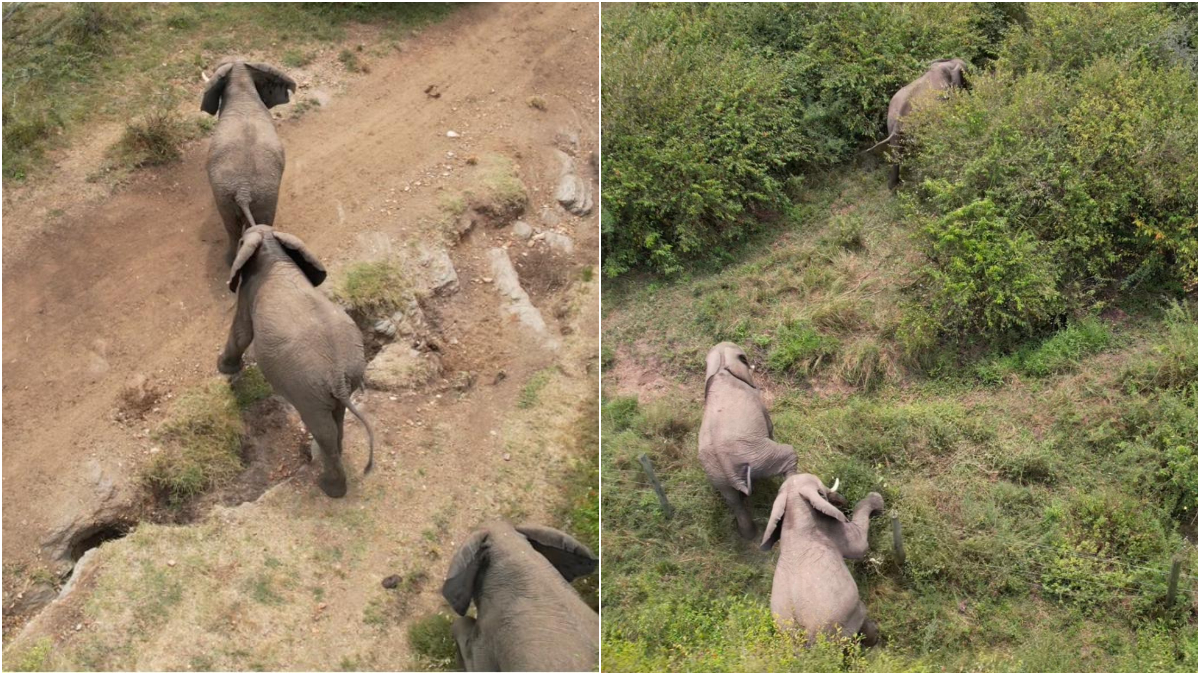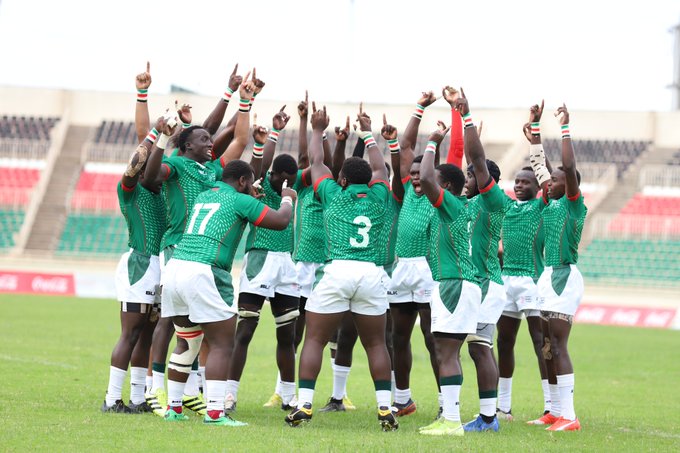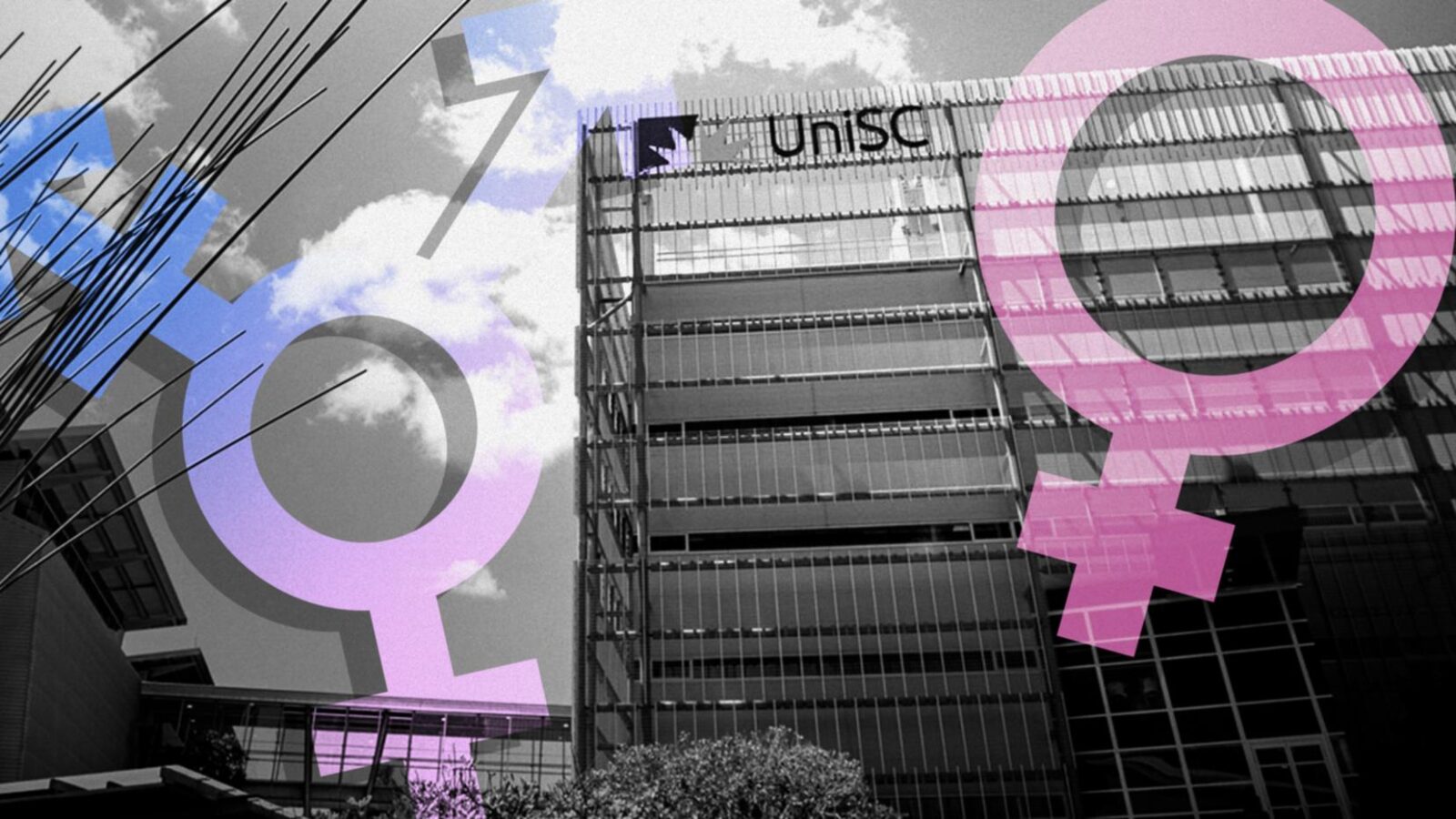Botswana, home to the world’s largest elephant population, has once again found itself at the center of a heated debate after issuing 400 elephant hunting licenses for the upcoming season.
International hunters, eager for a prized trophy, are reportedly paying up to $50,000 per license.
The hunting season, which runs from April to November, continues to attract global enthusiasts despite growing resistance from conservation groups.

A coalition of local and international conservationists has petitioned Botswana’s newly elected government to reconsider the decision.
Oaitse Nawa from the Elephant Protection Society expressed his disappointment, saying the release of the hunting quota came as a shock.
According to Nawa, the lack of adequate consultation with key stakeholders has left many questioning the government’s motives.
“We asked for a pause, a moment to reflect on the implications,” Nawa explained.
“Yet, here we are with numbers that suggest no meaningful review took place.”
Botswana’s government defends its stance, pointing to a community revenue of nearly $3 million generated from last season’s hunts, primarily from elephant license sales.
Supporters of trophy hunting, including Isaac Theophilus from the Botswana Wildlife Producers Association,
argue that the practice is sustainable and does not threaten the elephant population.
“Trophy hunting focuses on older bulls past their breeding prime,” Theophilus clarified.
“It’s a carefully managed practice with minimal ecological impact.”
Wildlife biologist Dr. Erik Verreynne echoed this sentiment, noting that in a population exceeding 130,000 elephants,
the selective hunting of 400 bulls is unlikely to affect breeding rates or population growth.
However, conservationists remain firm in their stance, emphasizing the social and ecological ripple effects of trophy hunting.
They argue that targeting mature male elephants disrupts herd dynamics and leaves long-term consequences on breeding patterns.
Beyond the hunting debate lies another pressing issue: human-wildlife conflict.
With elephants increasingly encroaching on farmlands and human settlements in search of water and food, tensions continue to rise.
Botswana resumed trophy hunting in 2019 after a five-year ban, hoping to balance conservation goals with economic benefits.
But as voices on both sides grow louder, the government faces a critical challenge.
Finding a solution that protects its iconic elephants while addressing the needs of communities that live alongside them.










